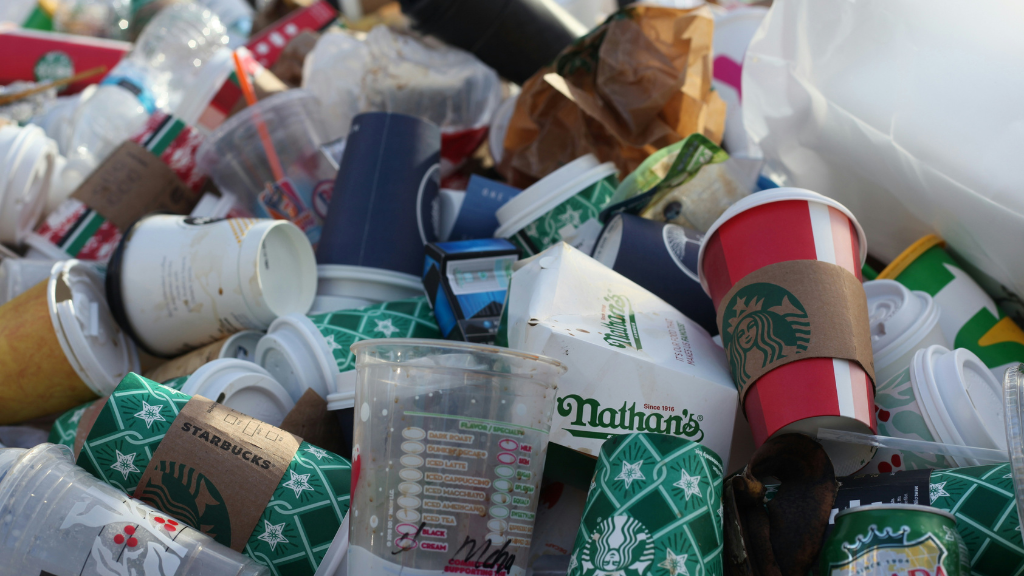86 percent of Canadians support ban on single-use plastics, says study
Watch the VIDEO: Oceana Canada calls on government to take swift action to end the growing plastic disaster
An Oceana Canada-commissioned Abacus Data study conducted shows that the vast majority - 86 percent - of Canadians want the government to fulfill its commitment to ban harmful single-use plastics by 2021.
This compares to a similar survey conducted in 2019 that found 81 per cent of Canadians supported such a ban.
"This research shows that more than ever, Canadians want a future without harmful single-use plastics," said Kim Elmslie, Campaign Director, Oceana Canada. "Unequivocally, we want the Canadian government to take swift and effective action to end the growing plastic disaster."
On World Oceans Day, Oceana Canada launched a petition calling on the Prime Minister and the Minister of the Environment to fulfil their mandate commitment to ban unnecessary single-use plastics - such as straws, bottles, cups and other food packaging - by 2021.
Twenty-two million kilograms of plastic leaks into the ocean every day, equivalent to one garbage truck per minute, threatening marine life and ecosystems. Over time, plastic breaks down into tiny pieces, which we all eat and breathe in. It is in Arctic ice, every fish tested in the Great Lakes, beluga whales, seabirds and more than half of all sea turtles. Plastics are on the seafloor in the deepest parts of the ocean, in the ocean breeze and have even now been found in rain. To make matters worse, plastic production is expected to increase fourfold by 2050.
In Canada alone:
- Less than 10 percent of the plastic discarded is recycled.
- 47 per cent of the plastic waste generated comes from plastic packaging and single-use plastics.
- Canada creates 3.3 million tonnes of plastic waste every year.
- 29,000 tonnes of plastic leaks into Canada's environment every year due to poorly managed plastic waste.
"Plastic is so prevalent in our lives that it is almost impossible to live completely plastic free. It is everywhere: from plastic-lined coffee cups to plastic pens and plastic cutlery offered with takeout," said Elmslie. "But there is still hope for our oceans. We can end the plastic disaster for ourselves, for our oceans and for our future by stopping it at the source. By implementing the promised national ban, our government has an opportunity to show leadership in helping solve this global crisis that we as a country are contributing to."


